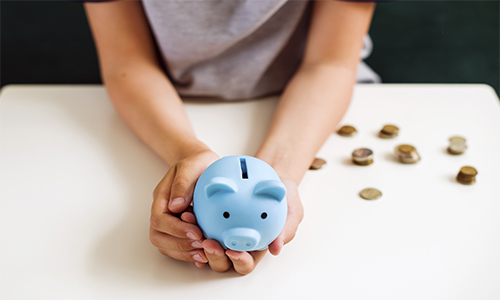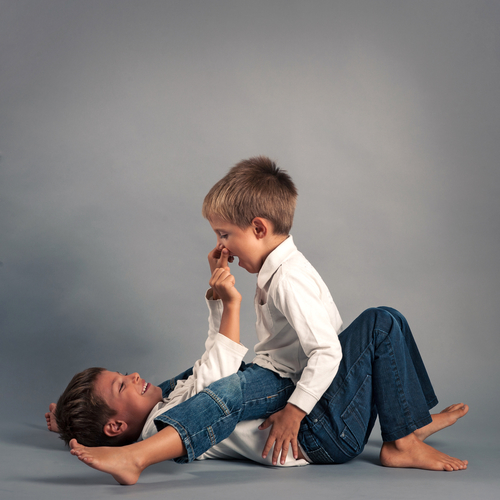Some tips to financial education for kids
Build a healthy relationship with money from childhood

Because of the deep economic crisis in 2008, the Spanish educational system has discussed the importance of including the teaching of financial education in schools. However, until now 2022 this discussion of the inclusion of this topic is in its initial stage due to the lack of a uniform model (1). The last PISA report carried out on financial knowledge in which children aged between 13 and 15 years were evaluated, places Spain in the tenth position of the 15 OECD countries (2).
Spain is behind the most advanced countries in Europe in terms of financial education, despite advances in recent years. The countries with the best training in this area, such as the Netherlands, the United Kingdom, and Sweden, had lighter repercussions in the face of the Great Recession of 2008. (3)
It would be very important for children to learn about finance in schools. Financial education should be an ongoing topic in universities. Unfortunately, schools don't teach about financial education, however, there are many projects in Spain help students gain insights into financial education. For example, the project "Valores do Futuro em España (4)" by BBVA bank and the financial club of the inspiring girls foundation (5). Children's financial education should be taught at home because it is important and also the best place to learn.
Why teaching financial education is so important to my kids?
First of all children's financial education should start at home. It is very important to teach your children from an early age to have a healthy relationship with money. It is from the knowledge acquired in childhood that the little ones will form perceptions about consumption, expenses, and values.
How can I help my children to educate themselves more financially?
Practical methods, especially with younger children, are the most efficient tools to apply children's financial education.
With a greater stimulus to know about finances, the little ones can better understand this universe and develop behavioral changes in the way they understand and deal with money, which will be essential for better financial control as adults.
References:





Sin Comentarios